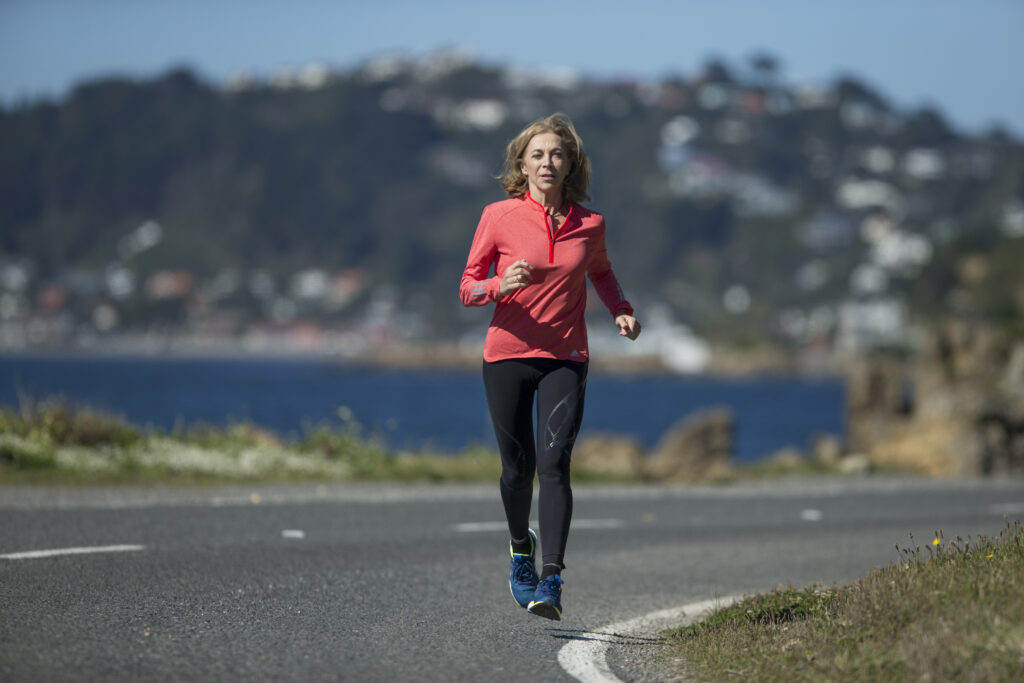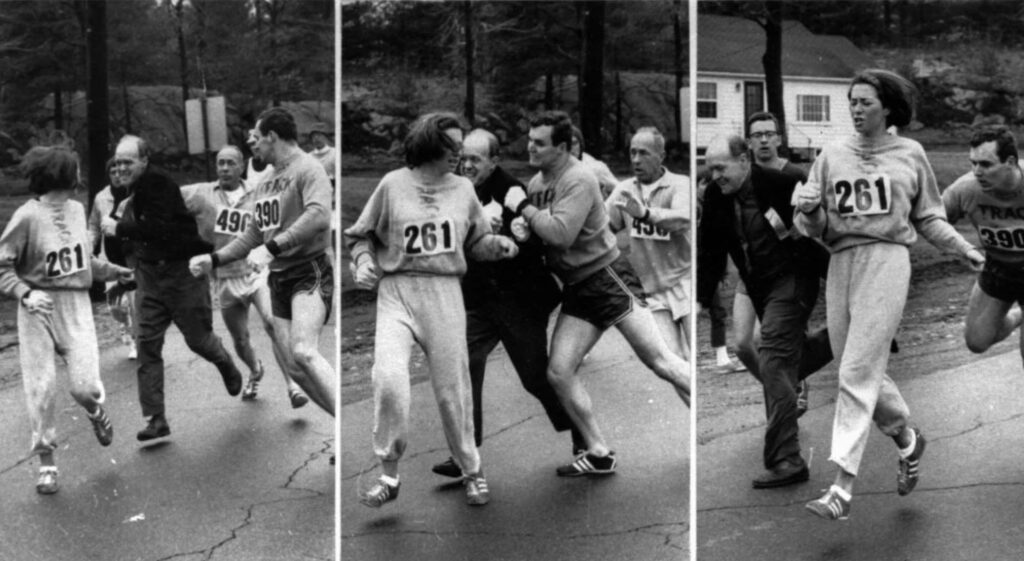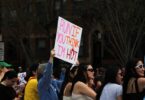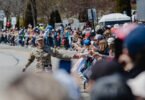
By Charles Moore
Boston University News Service
She calls herself an iconic athlete, but history will remember her as a trailblazer: Kathrine Switzer was the first woman to officially enter and run in the Boston Marathon. In 1967, a 20-year-old Switzer took the starting line in Hopkinton, MA, preparing to run her first marathon. With just over one mile down, a race official, Jock Semple, attacked Switzer because she was a woman. Thereafter, Switzer’s legend as a champion for women’s athletics was born.
“I wasn’t trying to break any barriers,” Switzer said. “It wasn’t until a race official attacked me during the run did I become determined to finish and speak out on behalf of all women.”
Kathrine Switzer began running at age 12. Her father had encouraged her to run a mile a day to make the local field hockey team. She said she quickly discovered that running made her feel “powerful, free and fearless. The longer I ran, the stronger I felt.”
Coached by marathon runner Arnie Briggs, Switzer said she became intrigued by Briggs’ stories from the marathon route and the daunting distance of 26.2 miles. She earned extra motivation from Briggs, who did not believe a woman could run the Marathon, but promised to take her to Boston if she showed she could do it.
“I was just a kid who wanted to run, and was there as a reward from my coach who didn’t believe that a woman could run the distance,” Switzer said. “I had heard that other women had run marathon distances and that one woman in 1966, Roberta Bingay Gibb, ran the Boston Marathon but without an official bib number.”
Thus, Switzer and Briggs took to Boston with Switzer’s boyfriend, Tom Miller, who would run the route alongside her. She registered for the race as K. V. Switzer simply because her name “Kathrine” is often mistaken for “Katherine.”
“There were no rules written saying it was a men’s only race,” Switzer said. “There was nothing about gender on the entry form. My coach told me it was OK for me to enter and in fact I must enter the race properly for my run to count. I [signed] my name with my initials, K.V. Switzer, so the officials probably thought K. stood for a man’s name.”
Although she was not trying to fool anyone, Switzer still bore the consequences of close-minded race organizers. She was attacked by a Marathon official, Jock Semple, who attempted to end her race. This inspired Switzer to not only finish the Marathon but to never stop running for women’s rights in sports.

“I knew if I [dropped out] no one would believe women could run distances and deserved to be in the Boston Marathon. They would just think that I was a clown, and that women were barging into events where they had no ability,” Switzer said. “I was serious about my running and I could not let fear stop me.”
With 24 miles to go, and the gender harassment behind her, Switzer finished the Boston Marathon in 4 hours and 20 minutes. By the time she finished, Switzer said she was “inspired to become a better athlete and create opportunities for other women in running.”
She would go on to run several marathons, both in Boston and internationally. However, it is Switzer’s social action work that defines her life after 1967. According to Switzer, she then created the Avon International Racing Circuit, a global series of 400 races in 27 countries for over a million women — an initiative that was integral to getting the Women’s Marathon Event installed at the 1984 Los Angeles Olympic Games.
“I thought my biggest live victory was being a major part of getting the women’s marathon accepted officially into the Olympic Games in 1984,” Switzer said. “The Avon International Running Circuit […] demonstrated women’s capability and also had enough international representation to convince the International Olympic Committee (IOC) that the women’s marathon should be included in the Olympics. In some countries, these races were often the first sports events of any kind for women.”
Switzer did not participate in the Olympic event. Instead, she joined the ABC broadcast booth to commentate on the groundbreaking race.
“I always knew I was never a particularly fast runner, and knew when we made the marathon an Olympic event, many talented women would seize the opportunity, train and run much faster than I ever could,” Switzer said. “I was always more interested in creating the opportunity than being a competitive athlete anyway.”
Switzer’s impact on women’s athletics is ongoing. Per Switzer, 58% of USA race participants were women in 2019. Today, Switzer still runs, and spends her time as a public speaker and author. She has written three books and appeared at the MILK Shakeout Run at the Reggie Lewis Track Center in Roxbury, MA on April 12.




